And therein lies the problem.
There are antisemitic forces hard at work to punish Jews for any assumed
connection or affiliation to the state of Israel, let alone for openly
supporting or showing pride in it. Then of course there are the fringe
Jewish groups who openly demonize Israel and refuse to defend it -- even
when Israeli civilians are the target of terrorist attacks.
In this regard, Kalev makes a point that has clearly eluded those groups:
Centering one’s Jewish identity around Israel certainly does not mean one
needs to agree with its policies.
After all, Rubio and Cruz do not agree with the Cuban government.
[emphasis added]
We are way past the point where we used to say you shouldn't criticize
Israel openly in public. But honest criticism of Israel does not prevent
Jews from seeing Israel as part of the Jewish identity.
This basic truth escapes not only those fringe groups, but also those
antisemites who want to pin any Israeli failing -- either real or
fabricated -- on the global Jewish community.
People who today would not hesitate to condemn the internment of Japanese
Americans during World War II have no problem blaming Jews for whatever
fault they find in Israel and have even insisted that they either disavow
any support for Israel
or that they pledge support for Palestinian Arabs.
But this disconnect between those "progressive" Jewish groups and Israel
is part of an even larger problem.
Writing in 2019, Yisrael
Medad noted
Young Jews’ wrong turn at wrong intersection:
For all the bluster about Judaism and anti-Semitism in America, I am not
convinced that far-out-left and liberal young Jews, who have been very
strident and even threatening on Israel-related issues and local American
political battles, have done much on the ground to confront and quash, one
way or another, attacks on Jews. They have portrayed themselves as gliding
along a moral highway but have permitted immoral actions to exist quite
close to home, far from Gaza.
This problem that today's progressive Jews have with identifying with the
Jewish community at large is not new. Consider Bernie Sanders,
about whom Jonathan Tobin writes:
when most American Jews were demanding freedom for Soviet Jewry and
denouncing the anti-Semitic nature of the Communist regime, Bernie Sanders
was not there...There is no available evidence that he ever lifted a
finger to fight for Soviet Jews.
We can sympathize with Palestinian Arabs who find themselves in a similar
predicament. As Sean Durns points out, when it is politically expedient in
their smearing of Israel, Ilhan Omar and Rashida Tlaib are quick to tweet
about events in the Middle East. But when it comes to the ongoing abuse
that Palestinians suffer under the totalitarian governments of the PA and
Hamas, such as
during the Hamas crackdown in 2019 -- which even Amnesty Internation
and Human Rights Watch condemned -- Omar and Tlaib were silent.
But in the US, the problem of Jewish identity is only getting worse.
According to last year's
Pew survey on Jewish identity and belief
o Twice as many Jewish Americans say they derive a great deal
of meaning and fulfillment from their pets as say the same about their
religion.
o More of those surveyed consider “having a
good sense of humor” as essential to being Jewish as following halakha (34% vs. 15%).
On the other hand, 45% of those surveyed said caring about Israel is
essential to their Jewish identity -- and that number goes up to to 82%
when taking into account those who said Israel was important (though not
essential) to their Jewish identity.
That is good news, but that number is significantly less for Jews who do
not have a religious affiliation:
Jews by religion are nearly twice as likely as Jews of no religion to
say that caring about Israel is essential (52% vs. 27%).
Similarly, the Pew survey on
Jewish community and connectedness in the US
found that Jews with a religious affiliation are much more likely to
feel a great deal of belonging to the Jewish people than do Jews with no
affiliation (61% vs. 13%).
Going a step further, the survey found that feeling a responsibility for
Jews around the world is linked with the sense of an attachment to Israel:
Four out of ten Jews who feel at least somewhat attached to Israel said
that they feel a great deal of responsibility to take care of Jews in need
around the world (42%), compared with just 10% of those with little or no
attachment to Israel.
In their survey of
US Jews’ connections with and attitudes toward Israel, the Pew survey found that six out of ten Jews who have no particular
denominational affiliation (59%) say they are either “not too” or “not at
all” emotionally attached to Israel.
Regardless of what Jews in the survey felt allowed them to
personally identify as Jewish, it was a religious affiliation or an
attachment to Israel that allowed them to feel responsible for other Jews
and be part of a larger Jewish community.
But considering that a little more than half of those Jews surveyed said
that Judaism was important to them, the importance of the state of Israel
for Jewish identity in general and for fostering a sense of global Jewish
responsibility cannot be ignored and needs to be openly recognized.

 Elder of Ziyon
Elder of Ziyon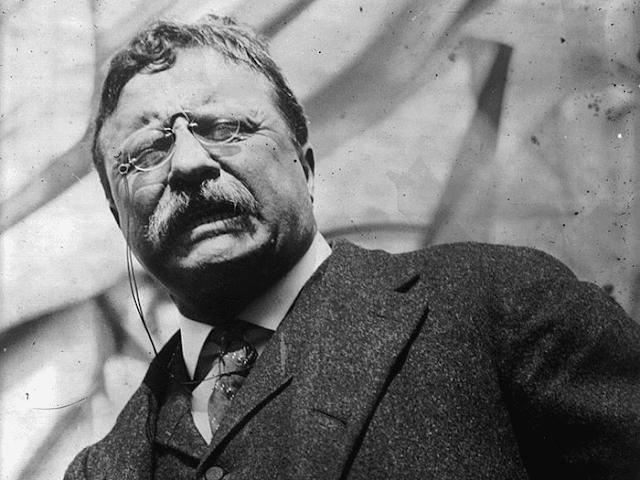

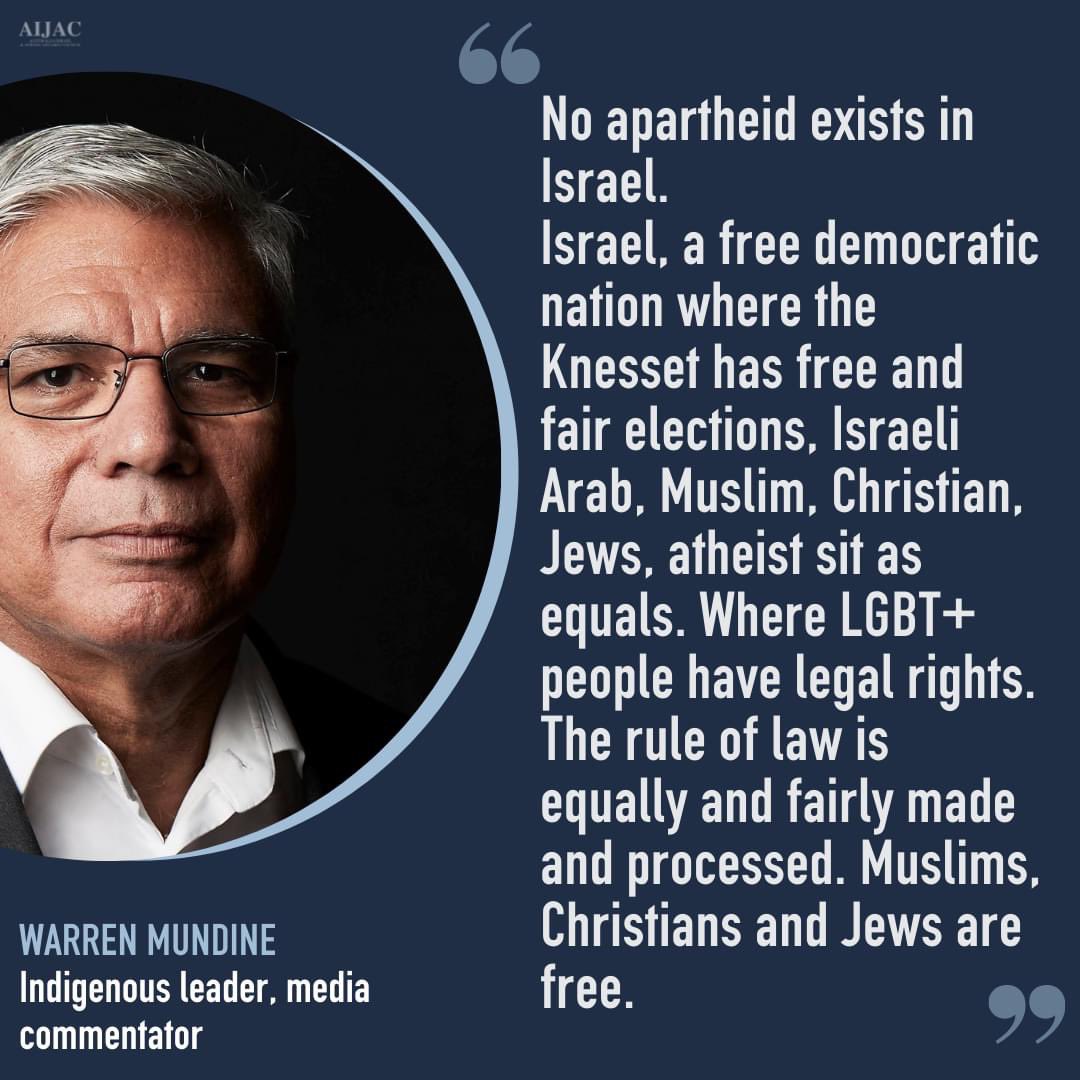








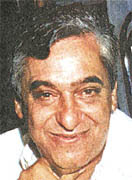




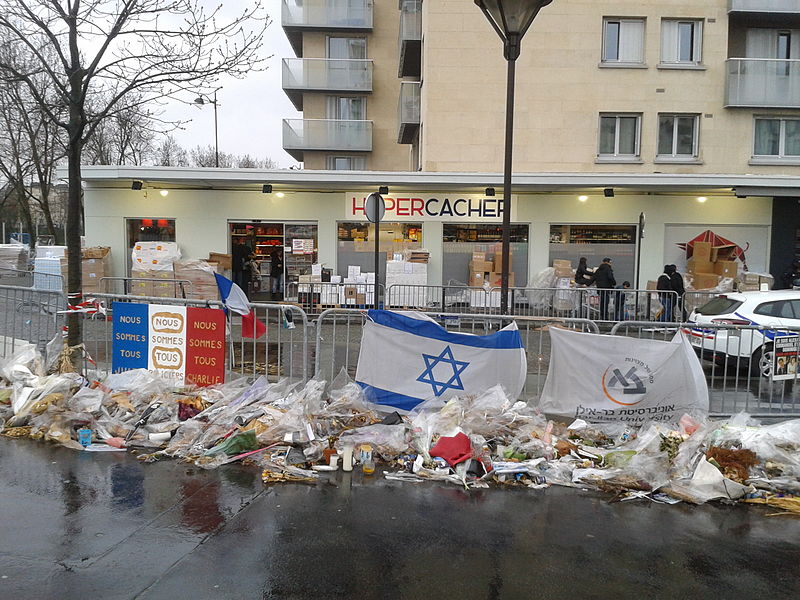






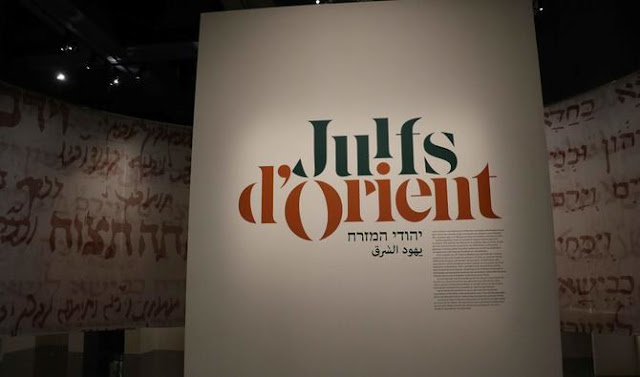
















.jpg)





